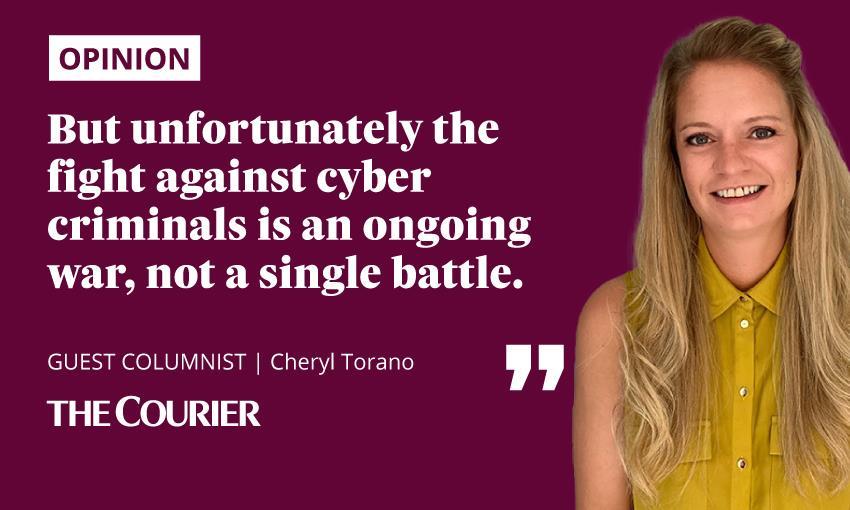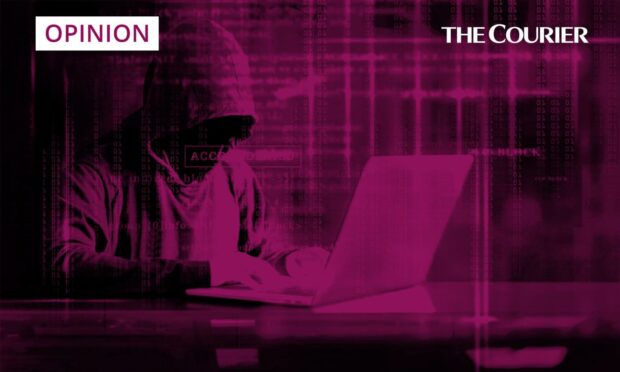Prior to the pandemic, society had already reached a point where the overwhelming majority of us were using online technology, be it for work, leisure, or organising personal lives.
Fast forward two years and Covid-19 has rapidly pushed us from regular use to heavy dependence on connected devices. And at a pace nobody could previously have predicted.
When businesses sent their workers home in 2020 with laptops in hand and, perhaps, some instructions on installing VPNs and making the best of personal broadband connections, it’s safe to say that cyber security was not the premiere concern.
But with these pandemic emergency years now (hopefully) behind us, many businesses are beginning to take stock of how this explosion in online working has affected the security of systems, the behaviours and expectations of employees, and how best to prepare for that major cyber attack, which has suddenly gone from feeling fairly unlikely, to almost inevitable.
Need to address cyber security gaps
Whether it’s scanning a barcode to gain access to a gig, entering personal information to check into a café, using a personal laptop to log into business systems, or staff doing their online shop via the work smartphone, the way we interact with the online world has changed significantly.
The problem is this sudden rush into an unfamiliar virtual world brings with it a multitude of issues and cyber security gaps – many of which now need to be urgently addressed.

To tackle the “new normal”, lots of businesses are opting for the zero-trust framework for cyber security.
In basic terms, this means you don’t trust anyone that is accessing your network.
A company sets up its users with limited permissions, restricting their access to company data, meaning users do not have access to all company data, but only to the data that they need to fulfil their job role.
It’s my belief that this zero-trust approach is something we could choose to adopt into our personal digital lives too, with so many of us guilty of rushing to install the latest trendy app, giving the owner access to an unnecessary amount of our personal data, and potentially giving malicious hackers yet another entry route into our networks.
Defending against cyber attacks
What’s now clearer than ever before is that human error and/or lack of cyber education is a huge contributing factor to the ever-growing threat landscape.
By empowering businesses and their employees to learn how to defend themselves digitally we have a real opportunity to skill up our global workforce to become the first and most important layer of cyber defence.
But unfortunately the fight against cyber criminals is an ongoing war, not a single battle.
There’s no doubt that securing applications like digital identities and single sign-on are important.
While these are becoming a reality for many us, what happens when hackers discover ways to compromise such systems – particularly in the post-pandemic years where our lives have lurched online?
What, for example, happens when you can’t access your bank account because the bank itself has been hacked?
How will you access transport when the app you need to book it has been brought down?
And how will your businesses continue operating at a time when critical systems are being held to ransom?
Abertay cyberQuarter opening this year
These are the types of complex security challenges that are being faced across the globe right now, and it’s both these and other emerging problems that Abertay University’s new cyberQuarter aims to tackle.
Funded by the UK Government and the Scottish Government through the Tay Cities Region Deal, the cyberQuarter is a cyber security research and development hub.
It brings together businesses, public sector organisations, students, academics, and individuals to work towards increasing both technical problem solving for industry and providing opportunities to benefit from academic expertise.
Importantly, the cyberQuarter will also increase access to cyber and tech employment opportunities in the local area.
As a Dundonian and a graduate of Abertay’s ethical hacking programme myself, that is an area of development I feel particularly passionately about.
As we collectively face down the new cyber security challenges thrown up by the pandemic (including those we aren’t even aware of yet) there’s a real opportunity to cement Dundee’s burgeoning reputation as a leading UK cyber hub.
There is an opportunity also to put measures in place to retain the immense graduate talent coming out of our Scottish universities, rather than seeing these skilled operators lured away to other parts of the UK or overseas.
When it opens later this year, the cyberQuarter will become a community of individuals, businesses and organisations with the shared goal of making the virtual world safer to navigate and our data more secure.
Abertay is interested in speaking to any business keen to be involved, and following the recent launch of our subscription packages and the upcoming selection of our founding partners, there will be a number of opportunities and announcements in the coming months.
Now’s the time to be thinking about the challenges your business is facing, and to be engaging with us on your needs.
- Cheryl Torano is the cyberQuarter business development manager and a graduate of Abertay University’s ethical hacking programme.













